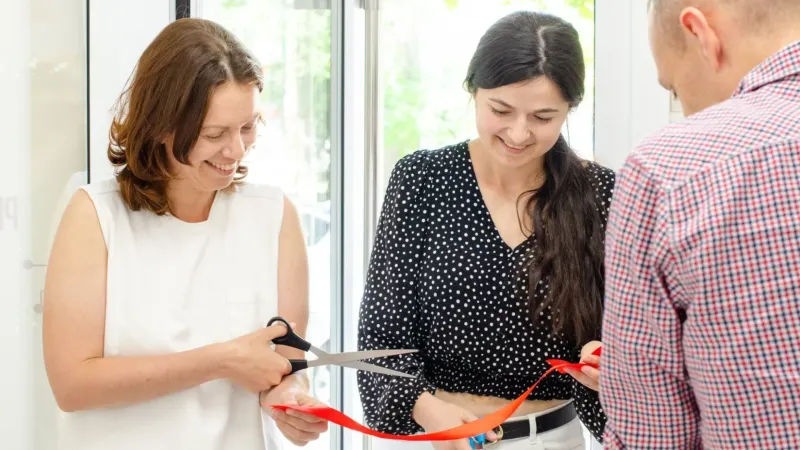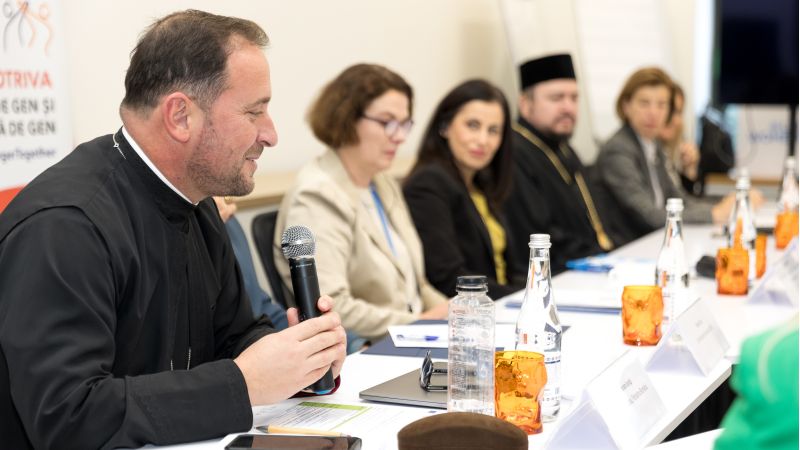
EU4ENVIRONMENT: МЕЖДУНАРОДНЫЙ ДЕНЬ ЛЕСОВ ПРОВЕДЕН В РЕСПУБЛИКЕ МОЛДОВА
Forests provide multiple benefits… Worldwide, over 1.6 billion people depend on forests for their livelihoods. We all rely on forests for the important role they play in mitigating climate change through carbon sequestration.
Forests also play an important role in the Republic of Moldova providing multiple economic, environmental and social benefits. Forests supply renewable environmentally friendly raw material and are a source of renewable energy. Forest ecosystems are crucial for biodiversity conservation, climate change resilience, and protection of water and soil. People value forests for the recreational benefits they provide and for their ability to enrich our lives.
The role of forests for the development of local communities is very strong in the Republic of Moldova. Many forest landscapes in Moldova are true refugia of biodiversity (including endangered species) with a pronounced social-cultural affinity to community development.
The Eastern Partnership (EaP) countries worked with the World Bank on institutional development support to promote forest governance through the EU-funded Forest Law Enforcement and Governance (FLEG) Programmes (Phase I: 2008 — 2012 and Phase II: 2012 — 2016). Despite progress several challenges still exist. To help the EaP countries to address them the European Union and the World Bank continue supporting conservation and sustainable forestry and timber trade. Under the EU-funded EU4Environment Programme, a World Bank-led component was launched in 2020 which supports the EaP countries in developing communities’ capacities to increase non-timber goods production, strengthening the countries’ timber/wood trade control systems and developing well-planned and predictable financing for sustainable management of forests and ecosystem services.
In the Republic of Moldova, the Programme focuses on identifying high conservation value forests to help improve forest management through increased community participation, conducting silvo-pastoral planning through provision of communal forest and pasture management plans to avoid overexploitation and ensure long-term rational use. It also supports local public authorities in organising community-based events to promote conservation and socio-economic development among forest-dependent communities and strengthening timber and wood product trade control systems.
These interventions aim to foster sustainable natural resources management, economic development and participation at local community level. They also promote legal trade and preventing illegal trade in wood products and enhance strategic financing to the forest and natural resource management sectors. All activities carried out under EU4Environment are important contributions to the promotion of sustainable production and consumption and building a more resilient world for communities that depend upon forests.






